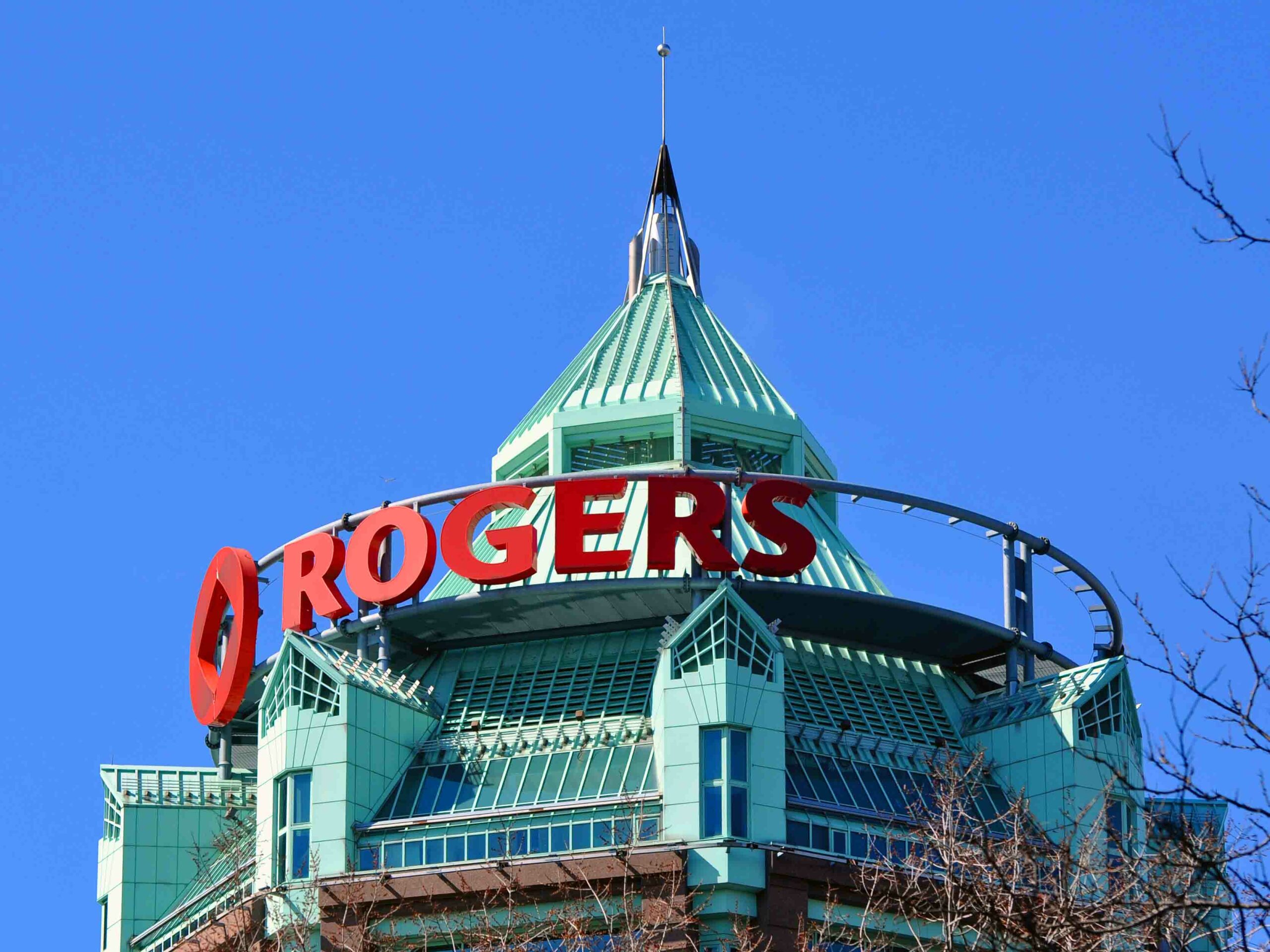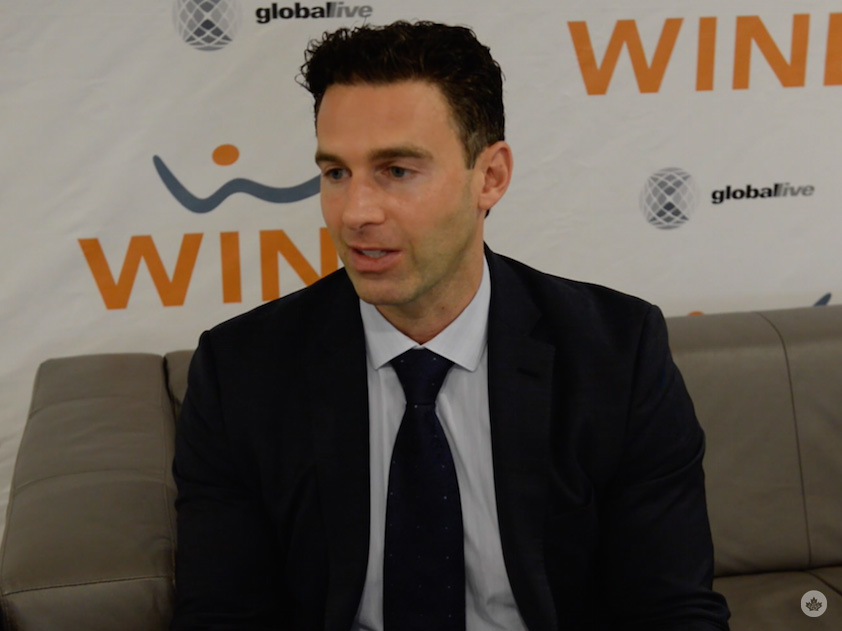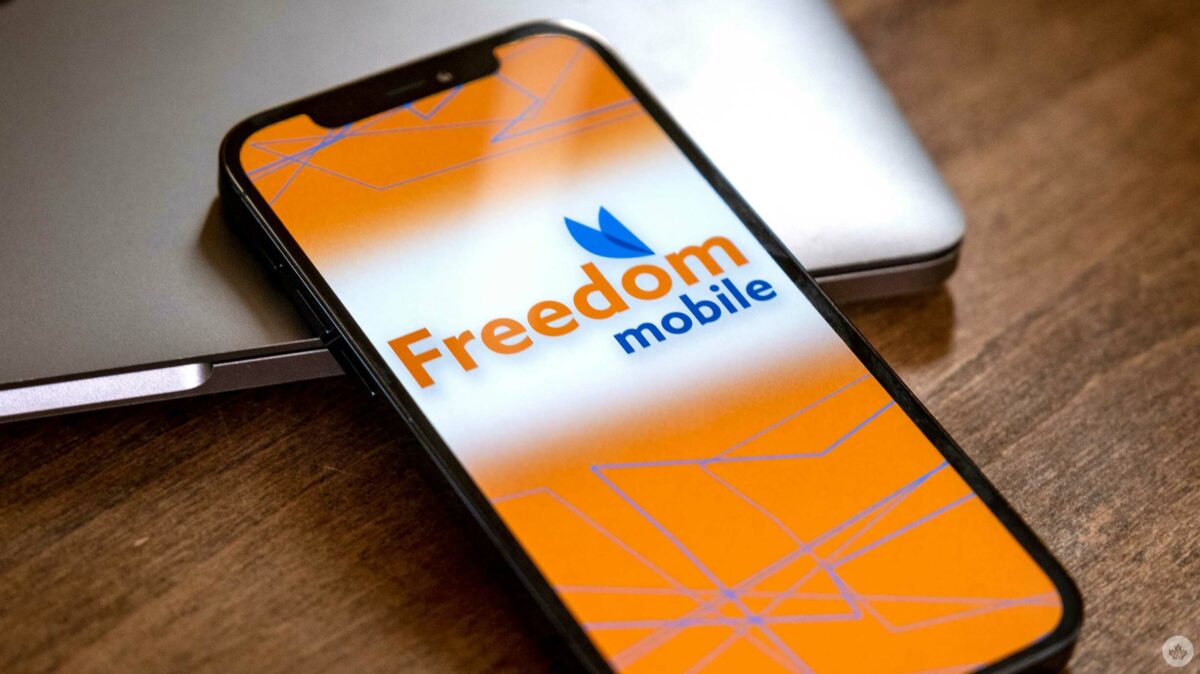Rogers’ merger with Shaw Communications has dominated headlines for the better part of the last year as it slowly inches towards completion.
The $26 billion acquisition is arguably one of the largest mergers of its kind, and it will change the way the wireless market operates, a cause of contention for many.
With Canadians paying some of the highest mobile bills globally, many worry the merger could further impact their bills. The concern is also playing on the minds of federal regulators. The Competition Bureau, one of the federal bodies that must approve the merger, has filed applications to block Rogers’ acquisition of Shaw.
“We are taking action to block this merger to preserve competition and choice for an essential service that Canadians expect to be affordable and high quality,” Matthew Boswell, the Commissioner of Competition, said.
The Bureau worries removing Shaw as its own entity will reduce competition in an already concentrated wireless market. The Bureau found competition between Rogers and Shaw has declined and will continue if the merger is approved. They said Shaw’s wireless offering is already an established competitor and eliminating it will lessen competition within and outside Shaw’s service area.

Rogers is selling Freedom Mobile to appease federal bodies. (Image credit: Shutterstock)
According to Reuters, the Bureau’s decision to block the merger doesn’t mean they can’t reach a conclusion with Rogers. “The commencement of litigation does not prevent the parties and the Bureau from reaching an agreement to remedy the competition concerns at any time,” a spokesperson told the publication.
Rogers is looking to sell Freedom Mobile to appease competition concerns. But the real game is to find a carrier that can make Freedom Mobile a fourth competitor, and there are many ways this can go.
Xplornet
Xplornet Communications appeared to be the first company Rogers took an interest in. In April, the Globe and Mail reported that Rogers presented a deal to the federal government to see the rural internet service provider, owned by New York-based Stonepeak Infrastructure Partners, buy Freedom Mobile.
“Anthony Lacavera expressed interest in buying Freedom Mobile before Rogers said it would sell the asset.”
Executives from Xplornet and Rogers have remained quiet on the potential offer. During Rogers’ 2022 Q1 conference call, CEO Tony Staffieri said, “we’re not going to comment on any rumours that are out there.”
Stonepeak acquired Xplornet in June 2020.
Globalive
Globalive’s founder, Anthony Lacavera, expressed interest in buying Freedom Mobile before Rogers said it would sell the asset. Lacavera started Wind Mobile in 2008 before selling it to Shaw in 2015. The company was renamed Freedom Mobile in 2016.
Globalive’s offer is worth $3.75 billion, and according to the Globe and Mail, Twin Point Capital and Baupost Group are assisting with financing for the project.
Lacavera has made it increasingly clear that he wants to acquire Freedom Mobile. He told MobileSyrup the company successfully competed “head to head” with competitors when Globalive headed the company, and they’ll do it again if they acquire Freedom Mobile.
Lacavera said regulatory issues contributed to the sale of the company to Shaw. At the time, investors he brought in faced regulatory approvals to continue operating in Canada. Lacavera told MobileSyrup that his current investor group is primarily U.S.-based.
The company could run into similar regulatory issues despite careful measures, repeating its past. While any of the investors in the company’s making offers could face regulatory problems down the road, Globalive has already lived through this and showed that it could not hold onto the company.

MobileSyrup interviewed Anthony Lacavera in 2014.
Québecor
Québecor Inc. is also in talks to acquire Freedom Mobile despite being discluded from previous decisions. The parent company of Vidéotron owns 294 blocks of spectrum in the 3500MHz band across Canada, which is seen as a positive when it comes to expanding wireless services.
While Québecor Inc. has expressed interest in acquiring Freedom Mobile, it has also said it alternatively could choose to instead expand its business elsewhere.
“Making comments on this specific situation is certainly not in our best interest,” Pierre Karl Péladeau, Québecor’s CEO, said on its involvement with Freedom Mobile during a conference call discussing the company’s first-quarter financial results.
A new offer
As reported by the Globe and Mail, the latest group of buyers is made up of the LiUNA Pension Fund of Central and Eastern Canada, the Musqueam Capital Corp, the Tsleil-Waututh Nation, Fengate Asset Management, and Aquilini Equities. The publication report’s the company’s have collectively presented the federal government with an offer to acquire Freedom Mobile.












